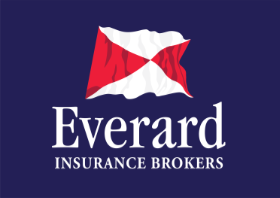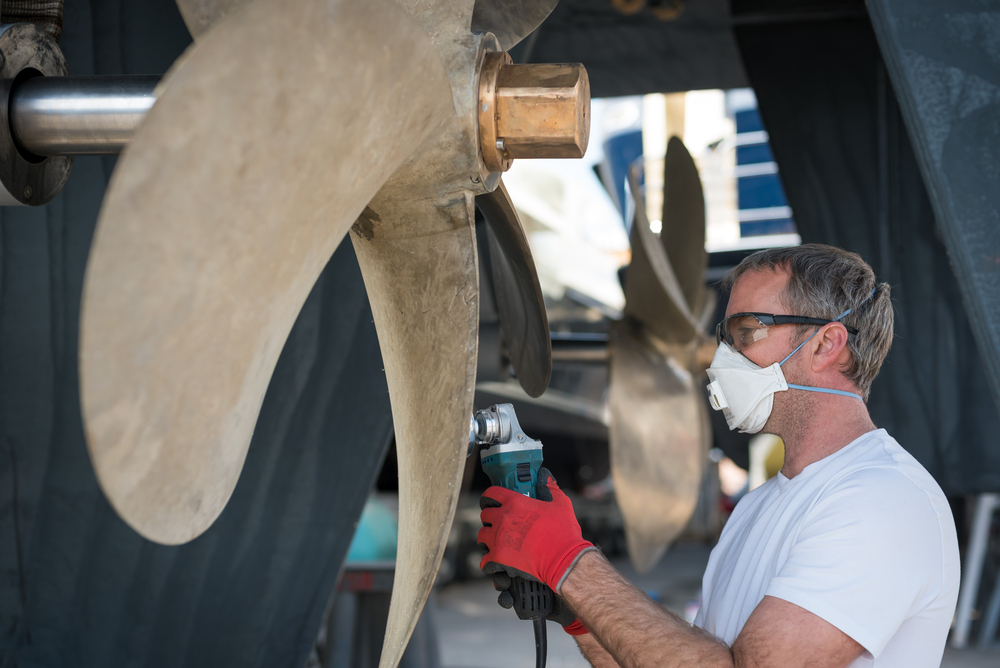Organising an international event can expose you to a number of risks beyond those that you would ordinarily face when putting on an event in your home country. And if something goes wrong, the potential financial and reputational damages could be much more severe.
Just as you would when organising an event in your home country, you should take the time to analyse and assess every risk you could face when running your event, including fires, onsite injuries, and cybercrime. This will help you form a plan for managing and mitigating these risks.
Beyond these standard risks, in this post we will share some location risk analysis and assessment tips for international events.
Analysing Location Specific Risks For International Events
As early in the planning process as possible, use your PCO or DMC, if you have one, or the host city’s Convention and Visitors Bureau (CVB), if there is one. They may be best placed to advise you on location specific risks for your event, as well as any necessary licenses you may need to acquire, or regulations you may need to follow.
Location specific risks may include:
- criminal activity
- potential for civil, political, or industrial unrest
- risks associated with the use of public transportation in your host city
You could also contact the venue directly, along with any local hosts or organising committees you may be liaising with.
You could also consult the government website for the latest foreign travel advice.
Risk Assessment and Risk Management Tasks for International Events
Advise Your Delegates of Precautions
If delegates will be travelling from multiple countries to attend the international event, then you should advise them of any special precautions they should take when travelling to and attending your event.
This can include some travel advice, but you should also signpost them to official channels so they can get the most up-to-date information. You could also provide a directory of useful contacts they may need in the host country, such as the emergency services.
Plan For Emergencies
Some risks may be beyond your control. For example, an ash cloud could cause severe delays to global flights, which could seriously compromise your event. Earthquakes, civil unrest, and other sudden disasters could force you to significantly delay your event, or even cancel it outright, at short notice.
You should plan for such emergency situations accordingly. You will need fast and reliable means of communication with all event and venue staff. The communication strategy should account for time differences and language barriers.
You will also need a means of disseminating information to your delegates as quickly as possible. Emails can get overlooked, or lost in spam folders, so it is important to use all possible communication channels. For example, you might consider setting up a dedicated app for your event, which could allow you to send updates instantly to all attendees should you need to notify them of emergencies or local transportation difficulties.
Get Insurance Cover As Early As Possible
Planning any event is a complicated process. Planning an international event can be particularly problematic, as you may be exposed to the sort of risks that are completely beyond your control.
This is why it is important to get comprehensive events insurance as early in the planning process as possible. This can cover you for any issues you may encounter when planning the event, such as venue changes and issues with speakers or transportation. It can also cover you if you need to cancel your event outright at short notice.
James Hallam is an independent Lloyd’s broker with a dedicated team of experienced insurance professionals who specialise in getting you the cover you need at a competitive price.
Our dedicated event insurance services can include cover for the specific risks you may face when organising and running international events.
Learn more about our specialist insurance services for the event sector.












